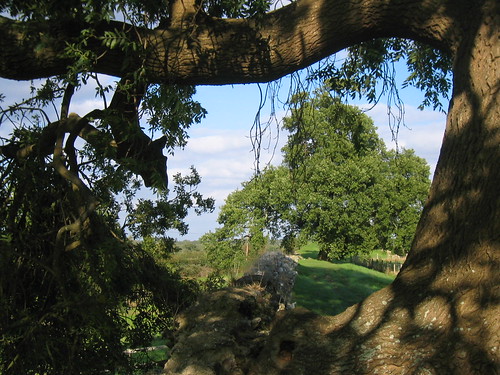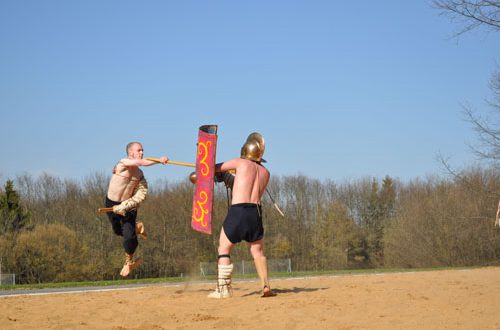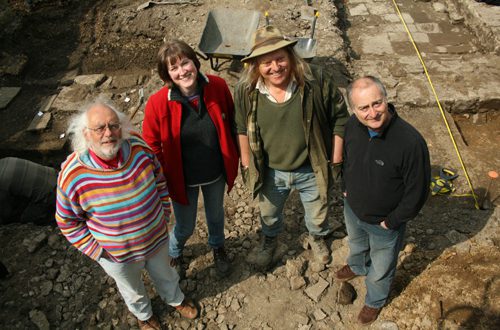Silchester in Hampshire, UK, stands on the site of the Roman town of Calleva Atrebatum, which is currently being excavated by a team of archaeologists from the University of Reading. The project has been running since 1997, but the archaeologists now believe they have found traces of a settlement that pre-dates the Romans.
The excavation has uncovered remnants from a town with a planned street grid possibly one of Britain’s oldest Iron Age towns. The director of the Silchester Town Life Project, professor Michael Fulford, told the BBC: “After 12 summers of excavation we have reached down to the first century AD and are beginning to see the first signs of what we believe to be the Iron Age and earliest Roman town. The discovery of the underlying Iron Age settlement is extremely exciting.
Any Old Iron
The professor added in a BBC report that the finds of a settlement pre-dating 43 AD beneath a Roman town were not unique. The Roman towns at Verulamium (St Albans), Durovernum Cantiacorum (Canterbury) and Camulodunum (Colchester), also show signs of earlier settlements beneath their foundations, but they are not as extensive or planned on a grid like the site at Calleva.
They have also found evidence of a widespread fire throughout the Roman town between 50 and 80 AD signs perhaps of the torching that Calleva Atrebatum may have received at the hands of Boudica in 60 or 61 AD? If this is proved to the be the case, it would be a major piece of new evidence for the Roman history of Britain. Boudica’s uprising is not known to have affected Calleva, but the exact extent and towns affected by the Iceni revolt are not known. The location of her defeat is still a matter of debate, with some historians saying the location was in the West Midlands, while others argue for evidence in Essex.
Visit the Site
Tomorrow, 18 July, and Saturday 1 August are open days and visitors are welcome to participate in a range of activities including expert tours, talks and demonstrations. There are also a range of children’s activities, such as a mini excavation, dressing up, finds handling and planning. Admission and activities are free.
Otherwise the site is open to visitors every day between 10am and 4.30pm, except Fridays, until 9 August when the excavation ends. For more information see the Silchester Excavation web site.




